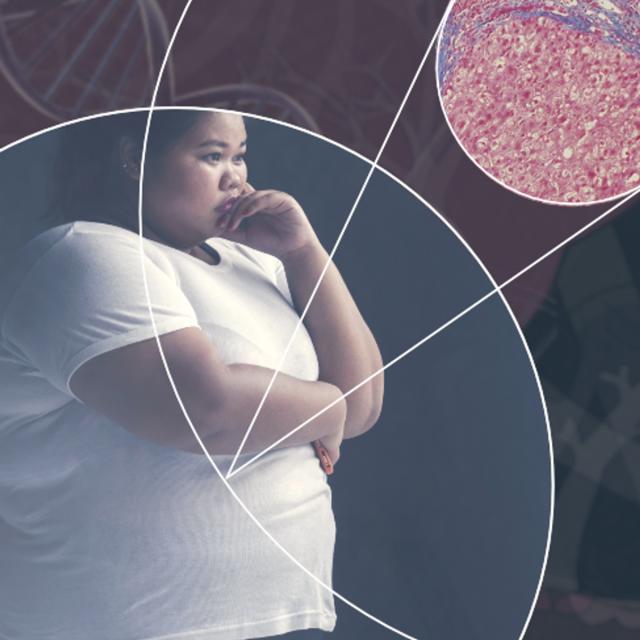MOOC List is learner-supported. When you buy through links on our site, we may earn an affiliate commission.

MOOC List is learner-supported. When you buy through links on our site, we may earn an affiliate commission.
After completing this course, you will have a broad knowledge about NAFLD ranging from the aetiology and pathophysiology to bedside examinations and treatments.
What You Will Learn
- Physiology of the liver and pathophysiological aspects of NAFLD
- Diagnostics aspects of NAFLD
- Treatment of NAFLD
- Complications of NAFLD
Syllabus
WEEK 1
The Liver - Physiology and Disease
The liver contributes to overall body homeostasis through several biochemical processes and without these functions we cannot maintain life. In the first lectures, Professor Jens Juul Holst will discuss the physiology of the human liver focusing on biochemical concepts as gluconeogenesis, glycogenolysis, lipid and amino acid metabolism. The videos will also cover how external hormonal system such as pancreatic islet regulates liver metabolism. After completing module 1 you will have a broad and basic understanding of the physiology and pathophysiology of the liver. In the subsequent modules, we will build on top of module 1 by exploring fatty liver disease.
WEEK 2
Causes
What causes non-alcoholic fatty liver disease? This is the core question of module 2.
We will kickstart this module by reviewing epidemiological data on non-alcoholic fatty liver disease by professor Peter Jepsen. In the second half, professor Bente Kiens will dig into which nutrients that may drive fat infiltration of the liver. The diversity in the risk of developing non-alcoholic fatty liver disease and NASH will be discussed from a genetic approach by doctor Stefan Stender.
WEEK 3
Pathophysiological aspects
Professor Henning Grønbæk will commence module 3 with an overview of the multiple hit hypothesis followed by Hendrik Vilstrup who will describe how the liver function is affected in patients with NAFLD.
WEEK 4
Diagnostics
Professors Flemming Bendtsen and Lise Lotte Gluud will discuss how to diagnose non-alcoholic fatty liver disease with or without fibrosis by non-invasive tests and describe when additional tests including histological assessment is required. Professor Mogens Vyberg will take us into the world of liver diagnostic by zooming in on the histological traits of liver tissue from patients with non-alcoholic fatty liver disease. The module will be concluded by perspectives on how ‘omics’ technologies such as protemics may contribute to identification of novel biomarkers in a lecture by Associate Professor Nicolai J. Wewer Albrechtsen and an interview with Professor Matthias Mann.
WEEK 5
Treatment
Exercise is an important tool to improve the health of your liver. How exercise affect your liver will be introduced by Professor Bente Klarlund Pedersen and Associate Professor Nicolai J. Wewer Albrechtsen. Personal Trainer Samantha Mølgaard will give a practical guide on how to ‘exercise to improve your liver’. The evidence concerning the pharmacological treatment of non-alcoholic fatty liver disease is growing rapidly. Professor Guruprasad Aithal will introduce us to the current evidence and provide an insight into future drugs developed specifically for the treatment of non-alcoholic fatty liver disease.
WEEK 6
Complications and Perspective
In the final module, Professor Henning Grønbæk will discuss the close relation between non-alcoholic fatty liver disease and type 2 diabetes. Furthermore, why it is important to screen individuals with type 2 diabetes for non-alcoholic fatty liver disease. Professor Jonel Trebicka will discuss the management of patients who have developed cirrhosis due to non-alcoholic fatty liver disease. Finally, Professor Lise lotte Gluud and Associate Professor Nicolai J. Wewer Albrechtsen will revisit some general aspects of non-alcoholic fatty liver disease and discuss its future aspects.
MOOC List is learner-supported. When you buy through links on our site, we may earn an affiliate commission.
MOOC List is learner-supported. When you buy through links on our site, we may earn an affiliate commission.
